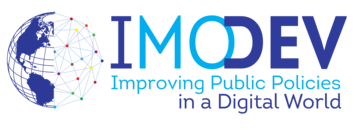European Union & Open Gov.
Salle / Hall : Bibliothèque Cujas - Salle de conférences.
Horaire / Schedule : 15h05 - 16h25
Président de séance : Uta Biskup & Wolfgang Rosch (Cour de Justice de l'Union Européenne)
Langue / Language : English
Is Open government possible within a supranational entity such as the European Union?
While not insisting on theory (what is open government and how is it so be defined with regard to the European Union and what are – theoretically – possible means of implementing open government), though you are welcome to do so if you wish, this round table aims at gathering some issues of open government in the EU which we will try to group around three key elements: transparency, participation and collaboration.
Thus topics that might be discussed during our round table could be the following:
Transparency and open government (see Biskup/Rosch), transparency and privacy protection, data protection and open government, participation and open government (participatory means in a supranational entity), electronic means of ensuring/developing open government, data exchange within the EU and its impact on administrative costs, digital single market and open government, e-government- open government?, re-use of public sector information with regard to information detained by European institutions, etc.
Speech 1. The digital single market initiative and open government
Uta Biskup - Jurist-Linguist at the Court of Justice of the European Union & Wolfgang Rosch - Legal Secretary at the Court of Justice of the European Union (Germany & Luxembourg)
What is the initiative’s impetus with regard to transparency, participation and collaboration?
Speech 2. Transparency and open government
Uta Biskup - Jurist-Linguist at the Court of Justice of the European Union & Wolfgang Rosch - Legal Secretary at the Court of Justice of the European Union (Germany & Luxembourg)
Transparency in EU law is guaranteed today on several levels, the Treaties, the Charta, in secondary law. Transparency as embodied in the transparency regulation concerns a well-defined aspect of open government (access to documents detained by EU institutions) and involves many other issues, such as protecting public interests and/or privacy while granting transparency.
Speech 3. E-invoicing : service or constraint in UE
Victor Cossec - Doctorant, Université Paris 1 Panthéon-Sorbonne (France-Royaume Uni)
Two years ago, the European Union adopted the directive 2014/55/EU on electronic invoicing in public procurement. By supporting widespread acceptance of electronic invoicing by public bodies, Europe aimed to strengthen the common market openness to the many. Although these measures consisted in new obligations for the States, their progressive evolution towards a more digital framework came with new national norms affecting the taxpayers. In France, an e-invoicing obligation was planned for companies under the law for growth, activity and economic fairness but the delay prescribed for these measures is now expired. In Portugal, though, similar measure were actually taken although these could be incompatible with the European law. More recently, Italian new Italian norms became effective. They are quite original as they do not provide new obligations but rather a favourable regime for taxpayers who adopt the Tax Authority’s invoicing software. This approach questions both the EU law, as national software tend to be obstacles to the common market, and the role of tax authorities in an open governance environment.



